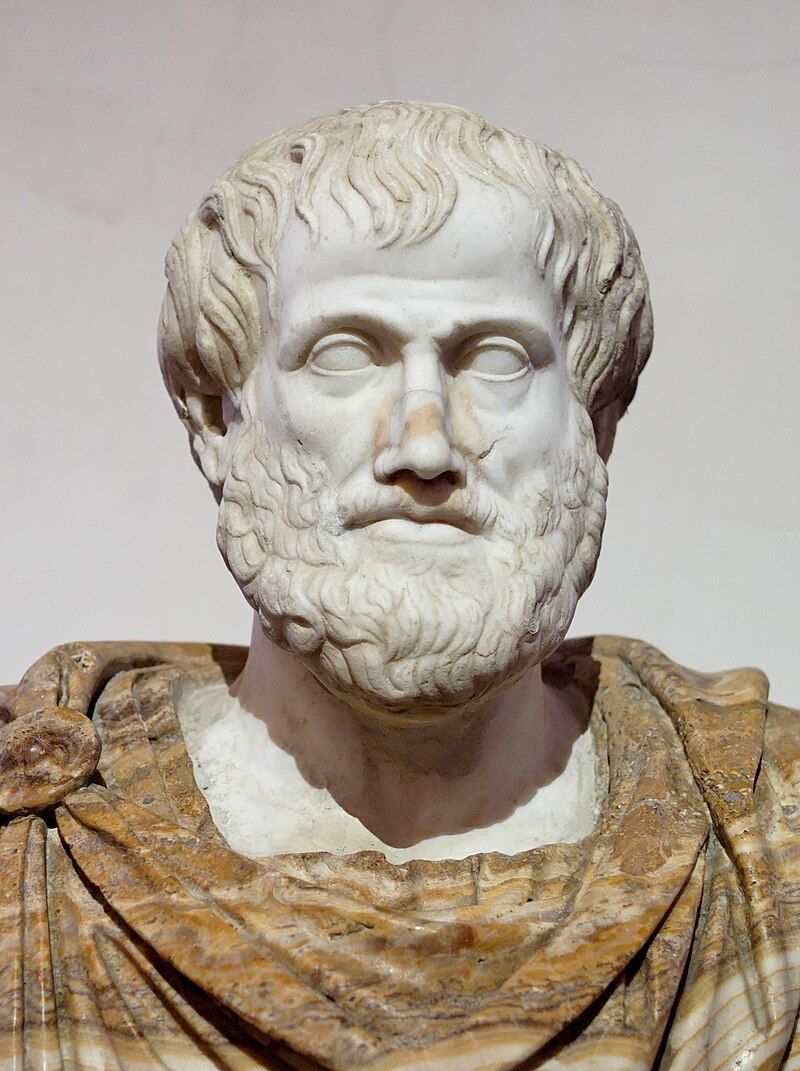Aristotle, the renowned ancient Greek philosopher, counseled his followers that moderation should be their guiding principle in all deliberations.
This advice is encapsulated in his famous Latin dictum: in medio stat virtus, meaning that wisdom and virtue are usually found by following a middle course, away from extremes.
The history of American politics since the end of the Second World War affirms this perspective. With one exception, all presidents have been careful not to step far outside the mainstream of popular beliefs.
Democrats favor imposing higher taxes on the wealthy and loosening the purse for anti-poverty and infrastructure programs, while Republicans always preach in favor of lower tax policies and fewer government regulations.
President Biden.
There is no gainsaying that these important differences were argued in every modern presidential race, but whichever candidate won, he understood that his opponents’ core beliefs had to be accorded some respect. The power game had to be played by rules devised for the broad center of American life.
Both parties united in the vital area of foreign policy, guided by an unwritten consensus that political differences did not extend to major international issues. Communism was the number one enemy, with the totalitarian regimes in Moscow and Peking subject to clear denunciations by both parties.
After the disintegration of the Soviet Union under Gorbachev in the 1990s, Vladimir Putin, a former KGB agent, emerged as the new strongman determined to restore Russia as a major world power. His political strength in the Kremlin has increased every year since he took control in 1999.
Putin’s biggest and most outrageous assertion of Russian power happened when his armies invaded Ukraine in February 2022. The American president, Joseph Biden, condemned this ignominious Russian conquest, and he vowed that America would lead the NATO countries in supporting Ukrainian resistance to the forced annexation of their country.
President Trump.
Former President Donald Trump is the exception to this post-1945 feeling of collegiality among United States presidents in foreign policy.
During his time in the White House from 2016 to 2020, he openly sided with the strongman politics of Putin in Moscow and Xi in Peking. He still talks about America leaving NATO and claims that when he takes over in Washington again, he will propose a settlement of the crisis in Ukraine that Putin will quickly endorse.
During his four years in the White House, General Mark Milley, Chairman of the Joint Chiefs of Staff, and General John Kelly, White House Chief of Staff, managed to steer him away from most extreme actions until the insurrection in the Capitol on January 7th. Both men have questioned his understanding of the constitutional limitations of presidential power.
The core issue that separates Trump from all his predecessors centers on his assertion that he won the 2020 presidential election despite the official results, which show that Joseph Biden triumphed by over seven million votes.
Republicans questioned the official results and appealed them to more than fifty judges in various jurisdictions. Every court adjudicated against the Republican claims. All their talk about electoral corruption and polling chicanery was found to be baseless.
However, then President Trump continued to make preposterous claims that he didn’t lose the election, that it was stolen. While still in office, on January 6th, he called his hardline supporters to protest the allegedly twisted results.
They were bombastic and angry, and they attacked the Capitol Building carrying a mock hangman’s noose for vice-president Mike Pence, who refused to go along with his boss’s hair-brained scheme to count the polling results differently from the clear mandate in the constitution.
Leaders of both parties in the House and Senate condemned this treacherous behavior, and even President Trump decried the wild actions of the rioters in his initial response. Hundreds of these insurrectionists have since faced the legal consequences of their violent behavior, and many are still in jail.
During the last three and a half years, we have seen the most amazing transformation in American politics, at least since the Civil War a hundred and fifty years ago. Donald Trump will be the Republican candidate for the presidency again this coming November, and he is running on the basis that he won the last time and that President Biden is a usurper.
Even more incomprehensible, nearly all the leaders of the Republican Party, at national and state levels, are affirming his outrageous claim. They assert daily that Joe Biden is an impostor in the White House because their man was cheated out of retaining power in the 2020 election.
When asked if he would accept the results of the official counts next November, Mr. Trump said that he would if they met his definition of a fair election. His attitude remains the same: heads I win, tails you lose.
Opinion polls predict a close election. Most Republican voters have maintained a high level of loyalty to their new leader. He has already assured those who were jailed as violent insurrectionists, now deemed heroes by Mr. Trump, that his first action when he gets back to power will be to give them all a full pardon.
It is clear that the center of American politics has given way, and if Trump triumphs in November, we will face the dire consequences that will follow, including the likely demise of constitutional democracy.
Yeats’ powerful lines in his great poem "The Second Coming" bemoaning the seeming breakdown of sensible, inclusive, democracy in Ireland a hundred years ago, apply in spades to the sad situation in America today.
Things fall apart; the center cannot hold,
Mere anarchy is loosed upon the world,
The best lack all conviction, while the worst
Are full of passionate intensity.
Gerry O'Shea blogs at wemustbetalking.com








